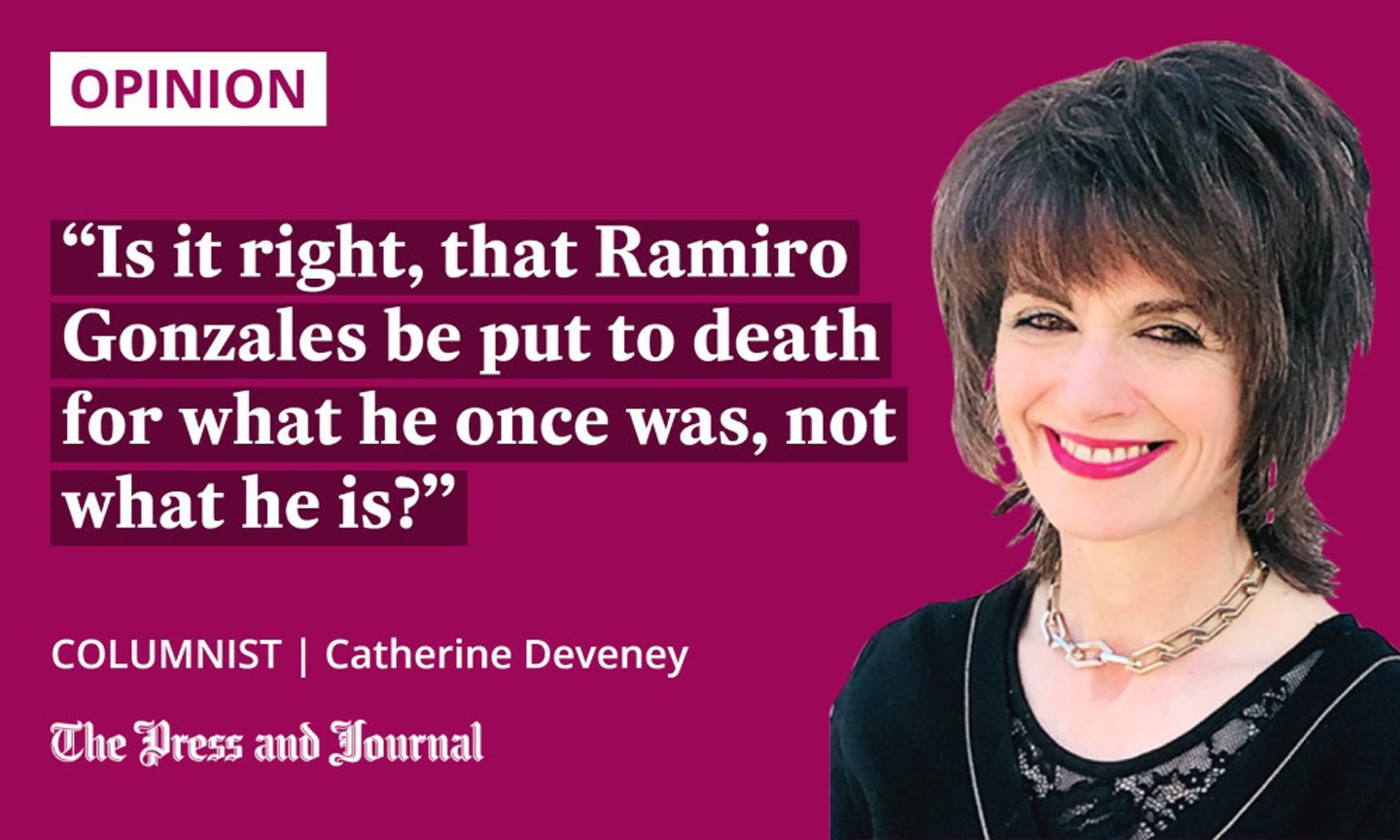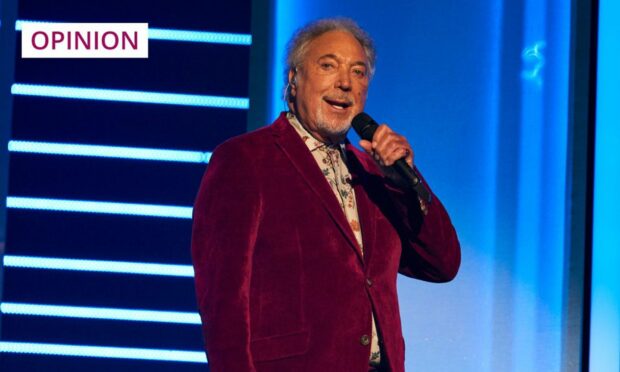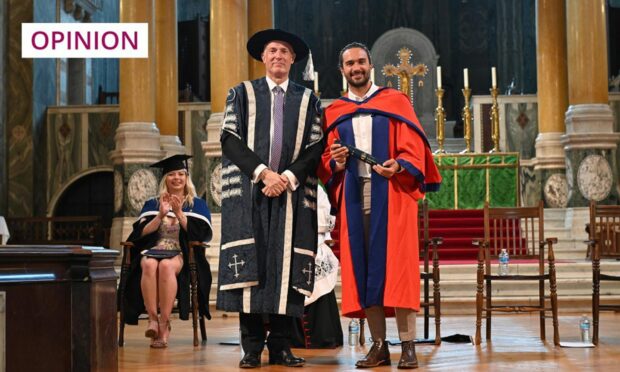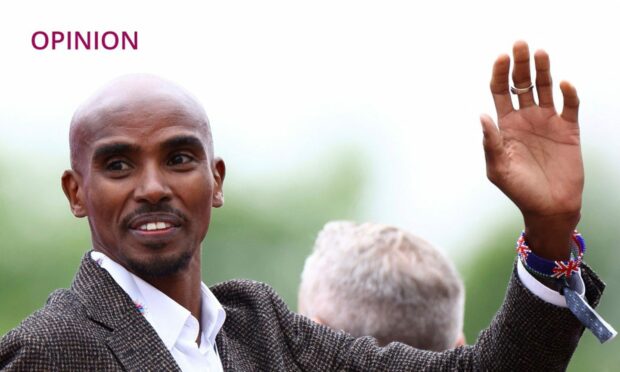There is, online, a childhood picture of death row prisoner, Ramiro Gonzales, dressed as though attending a wedding, with a buttonhole flower.
Viewing it feels baffling. How does it happen, this descent from vulnerable child to vicious adult, someone capable of rape and murder?
How, too, does it happen that post-violence, Gonzales felt such empathy for his victim’s mother that he confessed everything, so that she would know where her daughter lay?
The confession earned the death sentence. In the face of execution, there was another transformative twist: Gonzales asked for a delay to donate one of his kidneys. It was, he said, his way of saving a life, of making peace before he dies.

Behind that childhood photograph, lies a life story that explains much about the behaviour of the pictured child. In psychology, the theory of tabula rasa, often translated as “clean slate”, suggests that we begin life with no imprints on the human mind, until our experiences gradually shape its wax surface.
In Gonzales’s case, those imprints came from a childhood marred by neglect, abuse and, ultimately, addiction. Gonzales had barely turned 18 when he killed teenager, Bridget Townsend, his drug dealer’s girlfriend. A boy, still, but one whose experiences shaped his tabula rasa in a way that made him dangerous.
Acceptance creates a chance for transformation
Ramiro Gonzales’ s story illustrates the marbling of light and dark in human behaviour. Explaining the darkness is easier than first thought when you examine his early life: his abandonment by adults; his sexual abuse; his descent into drugs which fundamentally change behaviour.
Our society, says the internationally-renowned psychologist Gabor Maté, an expert in childhood trauma, does not understand addiction. “Addiction,” he says, “is seen as a bad choice. No, it isn’t. It’s a solution to a problem. It’s a response to trauma. When people are suffering, they want to escape their trauma.”
When you accept a person where they are, Maté continues, “you open up the possibility of transformation for them.”
In all of this, there must, of course, be recognition of Bridget Townsend and her family. The horrific violence and injustice of her death, the suffering of those left behind, are difficult to contemplate. And, yet, there is something uplifting about the possibility of the transformational change Maté highlights.
A desire to save a life before dying
Redemption is a concept that can exist with or without a belief in God. Gonzales, who repeated grades at school, has apparently spent the last 15 years on self-improvement, reading philosophy and poetry, and practicing yoga and meditation. A discussion with a prison chaplain led to his desire to save a life before losing his own.
Perhaps this will be the true test of Gonzales’s remorse: will he still want to donate?
Gonzales was due to die this week. But, the psychologist who confirmed his execution in 2006 because he deemed him a future risk to society has changed his testimony. Our knowledge of brain development has increased, he says, and 18-year-olds are not necessarily the people they will ultimately become.
I'm going through some heartbreaking interview notes from death row today.
Last week, when I talked to Ramiro Gonzales – who is scheduled to die on July 13 – he described to me the one time he snuck a hug through cell bars, and how much that rare human contact meant: pic.twitter.com/9wme5Ei0Pa
— Keri Blakinger (@keribla) July 5, 2022
Death row guards describe Gonzales as “sensitive” and genuinely changed. His former chaplain exchanges letters, artwork and poetry with him. Is it right, then, that Gonzales be put to death for what he once was, not what he is?
So far, the state has blocked Gonzales’s request to donate his kidney, but have temporarily halted execution for other reasons. Perhaps this will be the true test of Gonzales’s remorse: will he still want to donate?
His story highlights why the death penalty is wrong. But, even those who believe in it must see the importance of reparation. Allowing donation provides what all human beings search for in their existence: meaning.
Those who deny the possibility of change and growth lose something in life
Inevitably, some doubt Gonzales’s motives. But he has a rare blood type, a functioning kidney, and could save a life – whatever his motives. Just as Bridget died at his hands, someone else would live.
For his part, Gonzales says he is unafraid of death. “I have no qualms about dying. It doesn’t matter to me. It’s just a way out of prison.” Living well, on the other hand – that clearly now matters to him.
For a second, I felt foolish. But, then, I didn’t, because there was something more important at stake: the ability to trust, and the potential for transformation
A Big Issue seller once told me that if I gave him £10, it would change his life. He was broke, and it would enable him to buy the copies he needed to continue selling. I hesitated. It was quite a lot to me at the time – but far more to him. But, was he conning me?
Probably. I gave; he changed. His eyes hardened. Snatching the note, he ran off without even saying thanks.
For a second, I felt foolish. But, then, I didn’t, because there was something more important at stake: the ability to trust, and the potential for transformation. Those who deny the possibility of change and growth lose something in life.
If Gonzales is fooling us to ensure delay, so be it. It’s a risk worth taking. There is the chance that by allowing his request, two people will live: one literally, the other metaphorically.
Catherine Deveney is an award-winning investigative journalist, novelist and television presenter
















Conversation